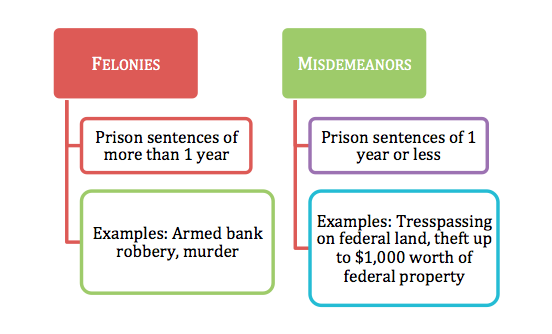Authored by Aarti Aggarwal
In India, a criminal investigation usually begins with the filing
of an FIR. If you want more information about how an FIR works in India,
click here. Assuming you
have clicked on “here” and are now acquainted with the Indian procedure of
filing an FIR (somewhat), what if you weren’t in India? Most of us would
wonder how an investigation is triggered in USA (Holiday in America this
summer, anybody?). This article should give you a quick peek into the real game
there.
Types of Crimes in USA:
Criminal acts there, fall into two
categories: felonies and misdemeanors.
Each state has
its own set of rules that apply to criminal prosecutions. And, federal courts
have their own rules as well, which often are very different from the
rules of the states but are sometimes overlapping as well. (Quick
peek into what kind of cases the two courts hear: Refer to “Type of Cases
Heard” section).
This
piece will focus mainly only on the federal side of the game since the
procedure follows the same tangent more or less in the states (depending on
state laws).
Getting
started with the criminal proceeding:
So, when someone is suspected
of a federal crime in USA, mechanisms of the following type are triggered:
Complaint and Arrest Warrant, Preliminary Hearing, Indictment, Arraignment,
Trial, Pre-sentencing, Sentencing, etc. This piece only talks about ‘complaint’
since that is what initiates a criminal proceeding (equivalent of the Indian
FIR). For those of you who can’t wait to read more about all of these already, click here .
Want to file a complaint? Here’s how:
Talking of complaint, the U.S.
Federal Rules of Criminal Procedure are what officially specify how criminal prosecutions begin in USA. If you want to file a federal complaint,
you will need to fill out Form AO91. You need to provide your name, the name of the defendant,
location of the crime, the concerned federal criminal statute that was violated
and the facts upon which your complaint is based. Rule 3 of the Federal Rules of Criminal Procedure backs
this up.
Worried that you might not know the law all that well?
Not to worry. The government in
USA takes a relatively larger burden than that in India in terms of going
forward from the complaint stage by helping you set your prima facie case up!
In any case you could also look up Title 18 Of the US Criminal Code for being a
bit self-armed so to say. Interestingly enough, Rule 4.1 of the same statute
allows you to also file such a complaint via a phone call or an electronic
conversation (as does Indian law).
What
are you going to charge the defendant for?
(Know
the law)
You must also determine which
federal criminal statute the defendant violated. Federal criminal statutes are
located under Title
18 of the US Criminal Code (Just as they are in
India under IPC). You should clearly state the facts upon which your complaint
is based. If your facts are insufficient, the complaint could be dismissed for
"failure to state a claim". You should be as specific as possible.
Don’t
mess around. You have to swear under oath!
You will need to swear under oath that the
content of your complaint is true to the best of your knowledge before a
federal magistrate or a state or local judicial officer, who will then file
your complaint with the appropriate federal prosecutor's office. An
intentionally false statement in a criminal complaint could subject you to
criminal liability for perjury, which is in some cases classified as a felony
so don’t take that lightly!
The
ground realities:



No comments:
Post a Comment